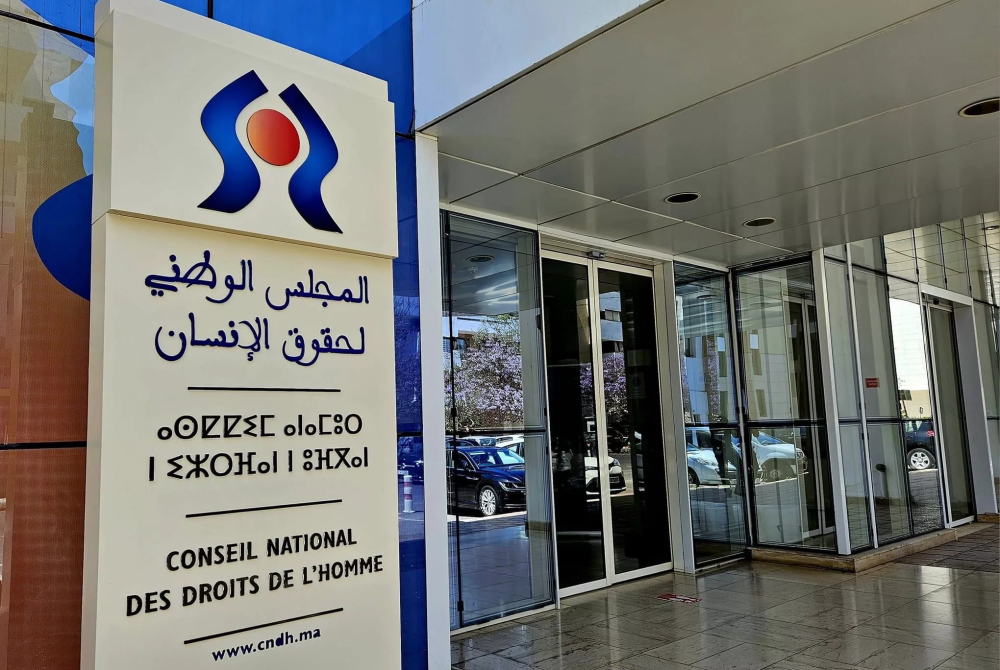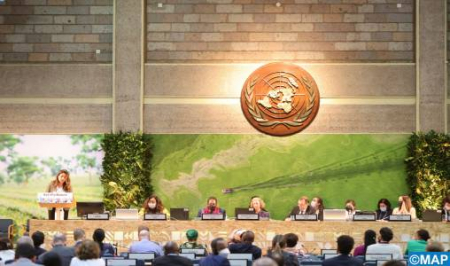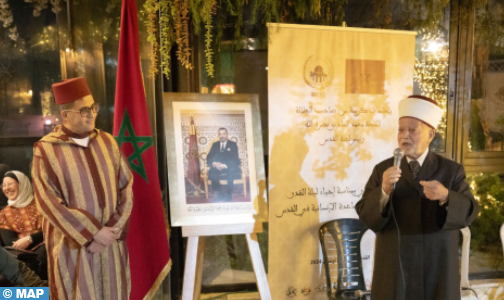Promoting human rights has been at the heart of the reign of king Mohammed VI, who turned the page on past violations, urged the setting up of monitoring bodies and has been at the forefront of legislation aiming to protect rights.
The creation of the justice and reconciliation commission in 2003 enabled the closing of the dark chapter of past rights violations. The commission investigated past breaches, offered reparations, and allowed victims to speak up about the horrors they endured in publicly aired sessions.
The commission, which now stands as an example of transitional justice, helped achieve national reconciliation by addressing past human rights violations from 1959 to 1999.
The closure of the chapter of human rights violations was also marked by a strong commitment to safeguarding human rights and the creation of the human rights council as a constitutional body.
The 2011 Constitution includes a real charter of basic rights and freedoms, itself based on the universal frame of reference for human rights.
The new constitution guarantees the judiciary full independence and sets up a system of pluralistic and independent bodies for the protection of rights and freedoms and for the promotion of participatory democracy, human rights and good governance.
Rights monitoring body, The National Council for Human Rights (CNDH), was enshrined as a constitutional institution.
Its role has often been commended by national and foreign bodies, thanks to its activism in ensuring Moroccan’s rights are upheld.
The constitution also stresses the pre-eminence of international legislation and treaties relating to human rights.
Morocco, which prepares to adopt a new family code further protecting women’s rights, is considered a leader among Muslim-majority countries in enhancing the rights of women and children.
The country has ratified the first optional protocols to the International Covenant on Civil and Political Rights (ICCPR) and the Convention on the Elimination of All Forms of Discrimination Against Women (CEDAW).
By giving the example at home, Morocco launched the largest migration legalization program benefiting at least 56,000 people and campaigned for a paradigm shift towards migration that puts the rights of the human being above all other considerations.
Morocco, however, has been systematically targeted by its opponents who have been using human rights for political purposes to smear the reputation of the country and interfere in its domestic affairs in utter disrespect for its judiciary.



